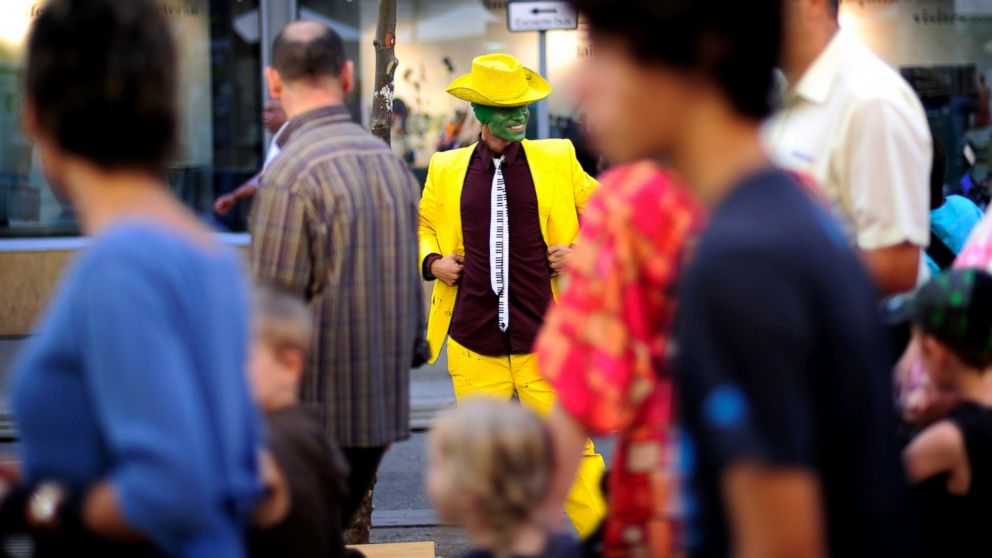Travel Scams and How to Avoid Them

Nov. 24, 2013— -- Some friends were strolling the Via del Condotti in Rome this summer, admiring the impossibly expensive designs in famous boutiques when they ran into a traveler's nightmare.
"A woman holding a portable crib in her arms bumped into my husband," said my friend, who asked to be anonymous. "There were smiles and apologies, and both moved on. Then my spouse thought to reach into his pocket and you guessed it: His money was gone."
Pickpockets can be a problem anywhere tourists gather; fortunately in this case, all that was lost was $100 or so, not credit cards or passports. As scams go, it may be the oldest one, but there are plenty more out there that travelers should be aware of plus amazingly creative new ones. I've gathered some of my favorites here as well as tips on avoiding them.
For more travel news and insights view Rick's blog at farecompare.com
First an overall tip, then on to the scams. My advice is, "go local" and by that I mean, use your smartphone to find off-the-beaten-tourist-path places to explore, fun things to see and do that allow you to soak up the local flavor while staying outside the scammers' glide path. This is where apps like maps, restaurant listings, lesser-known attractions and social networking are invaluable. Sure, when you're in Barcelona, take a quick dive through Las Ramblas but the real fun is enjoying the cuisine at an excellent restaurant favored by the locals.
Contortionist scam: According to media reports, it seems thieves in Spain sometimes manage to squeeze into a suitcase which is then placed in the luggage compartment of a bus. Then, during the ride, the agile crook emerges, rifles other bags, and places them back in the suitcase with him (or her).
Tip: The obvious way to avoid this is to leave all valuables at home (a method I highly recommend). If you can, keep your valuables on your person, secured where probing fingers cannot reach (roomy money belts may work in some cases).
READ: Top 5 Mortgage Scams to Avoid
Midnight desk call: This got a mention by Time magazine (which cited cases in the U.S. state of Georgia) and it works like this: You get a call in your hotel room in the middle of the night. It's the front desk saying there's been a computer snafu and they need you to give them your credit card number again. Apparently, people fall for it.
Tip: If this ever happens to you, wake up! Tell the caller you're going to hang up and call the front desk yourself. Then do so. Don't be surprised if the hotel clerk on duty has no idea what you're talking about.
Gem shop sale: This'll be familiar to at least some travelers to Thailand. Typically, a tourist in Bangkok is approached by a freelance guide or tuk tuk driver (a kind of half-car, half-rickshaw conveyance) and these fine folks tell you the attraction you want to see is closed, but, the good news is they know a gem shop or factory nearby that's having an incredible sale! Travelers report being pressured into buying "gems" that turn out to be worthless or far less valuable than advertised.




